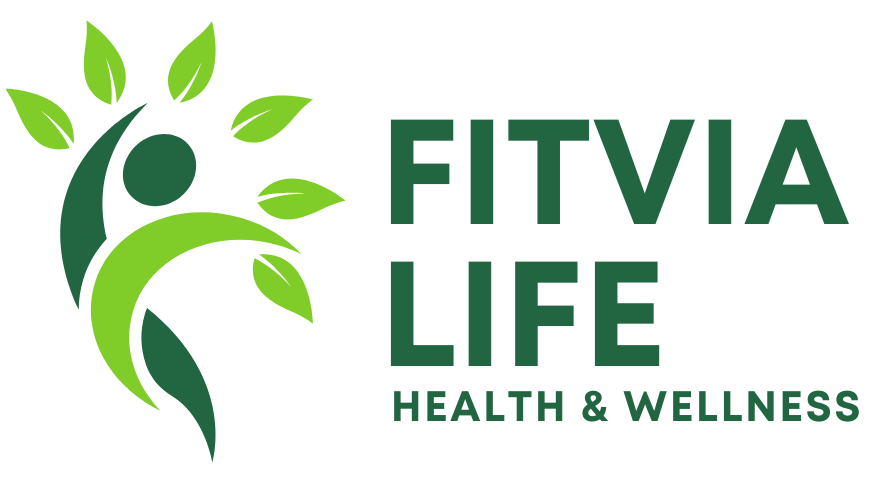Nutrition as Medicine: How the Right Foods Heal and Protect the Body
In today’s health-conscious world, the phrase “food is medicine” is no longer just a catchy saying—it’s backed by science. From preventing chronic diseases to supporting mental wellness and improving energy levels, nutrition plays a central role in nearly every function of the human body. Yet, despite its importance, millions still suffer from malnutrition—not only from too little food, but also from the wrong kinds of food.
In this article, we explore how proper nutrition works as a form of medicine, the risks of a poor diet, and how to use food intentionally to heal, protect, and thrive.
What Is Nutritional Medicine?
Nutritional medicine involves using dietary strategies and nutrients to treat or prevent illness. It is a cornerstone of functional and integrative medicine, which focuses on treating the root cause of disease rather than just symptoms.
When you think about it, every system in the body—cardiovascular, digestive, nervous, and immune—relies on nutrients to function properly. The body requires dozens of essential compounds like amino acids, fatty acids, vitamins, and minerals to carry out biological processes such as metabolism, cellular repair, and hormone production. A deficiency in even one nutrient can cause health issues over time.
Common Modern-Day Nutritional Pitfalls
Despite living in an era of abundant food, nutrient deficiency is surprisingly common. Why?
Over-processed diets: Many modern diets are high in calories but low in nutrients. Fast food, sugary snacks, and refined grains are cheap and convenient but strip the body of essential vitamins and minerals.
Soil depletion: Industrial agriculture has led to nutrient-depleted soil, meaning fruits and vegetables today may contain fewer nutrients than those grown decades ago.
Chronic stress and poor digestion: Even with a decent diet, chronic stress and gut imbalances can prevent nutrient absorption.
Overconsumption of sugar and unhealthy fats: High sugar intake is linked to inflammation, insulin resistance, and liver problems. Trans fats and excess omega-6 oils (from fried and processed foods) contribute to heart disease and other inflammatory conditions.
Healing with Food: What to Eat More Of
While there’s no one-size-fits-all diet, certain food groups are widely recognized for their healing properties:
1. Leafy Greens and Vegetables
Spinach, kale, broccoli, and other greens are loaded with fiber, folate, vitamin C, and antioxidants. These compounds help detoxify the liver, improve gut health, and reduce inflammation.
2. Berries and Fruits
Rich in antioxidants like anthocyanins and flavonoids, berries help protect the body from oxidative stress and support brain and heart health.
3. Healthy Fats
Omega-3 fatty acids found in fatty fish (salmon, sardines), walnuts, and flaxseeds help reduce inflammation, support brain function, and improve heart health.
4. Whole Grains and Legumes
These are high in fiber, B-vitamins, and minerals like magnesium. They help regulate blood sugar, reduce cholesterol, and support a healthy microbiome.
5. Fermented Foods
Yogurt, kefir, sauerkraut, and kimchi support gut health by supplying beneficial probiotics, which are essential for digestion, immunity, and even mental health.
The Role of Nutrition in Disease Prevention
Cardiovascular Disease
A diet high in saturated fat, sodium, and processed food increases the risk of high blood pressure and heart disease. In contrast, diets like the DASH or Mediterranean diet—which emphasize vegetables, fish, nuts, and olive oil—are proven to reduce heart disease risk.
Diabetes
Type 2 diabetes is often driven by poor eating habits. Low-glycemic foods like leafy greens, legumes, and whole grains can help regulate blood sugar and reduce insulin resistance.
Mental Health
Emerging research shows a powerful link between nutrition and mental wellness. Deficiencies in omega-3s, magnesium, and B-vitamins are linked to anxiety and depression. A balanced diet rich in nutrients supports neurotransmitter function and cognitive performance.
Cancer
While no food can cure cancer, certain nutrients have protective effects. Cruciferous vegetables (like broccoli and cauliflower), green tea, turmeric, and berries contain compounds that may reduce inflammation and hinder the growth of cancer cells.
Practical Ways to Improve Your Diet Today
Cook more at home: Restaurant meals are often high in sodium, sugar, and unhealthy fats.
Shop the perimeter of the grocery store: That’s where the fresh produce, meats, and dairy are usually found—minimizing exposure to processed foods.
Practice mindful eating: Eat slowly, enjoy your food, and listen to hunger cues.
Diversify your plate: Aim for a colorful meal with various textures, which usually means a good mix of nutrients.
Stay hydrated: Water is essential for digestion, energy, and metabolic health.
Final Thoughts
Nutrition isn’t just about looking good or losing weight—it’s about building resilience, preventing disease, and enhancing every aspect of your well-being. Whether you’re recovering from illness or simply striving for better energy and clarity, food can be your most accessible and powerful medicine.
By making conscious, informed choices about what you eat, you are investing in your body’s ability to heal, grow, and thrive. And unlike medication, good nutrition comes with no harmful side effects—only benefits that grow over time.

